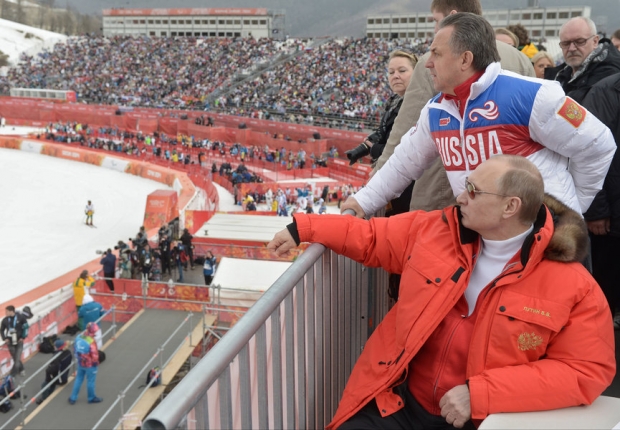The defendants reportedly stole and disseminated the personal information of several prominent anti-doping officials and 250 athletes following the 2014 Sochi Olympics.
The indictment names all seven of the accused as members of the Russian Federation intelligence agency (or GRU) housed within the intelligence directorate of the Russian military. Three of the defendants were also charged as part of the Mueller investigation regarding hacking the Democratic National Convention in an attempt to compromise U.S. election infrastructure in 2016.
The Justice Department claimed in its indictment that the GRU officials were working to undermine the advocacy of anti-doping organisations, officials, and athletes following the exposure of a Russian state-sponsored doping campaign in 2015. Login credentials were stolen through classic phishing techniques, which, in some cases, gave the hackers access to the medical profiles of some athletes. This information was then disseminated over social media by the hackers who disguised themselves as a hacktivist group called the Fancy Bears' Hack Team.
In the case of four-time Olympic gold medalist runner Mo Farah, the Fancy Bears' Hack Team had gained access to his "biological passport". This set of information tracks the blood data of athletes in order to monitor the potentiality of doping.
The group then posted the contents of Farah's profile over social media, pointing to results that claimed he was "likely doping". By use of this method, the hackers were able to subvert media attention away from Russia's doping accusations and point the finger at other countries as well. The indictment claims that the hackers spoke to 186 different reporters in order to "amplify the exposure" of their message.




